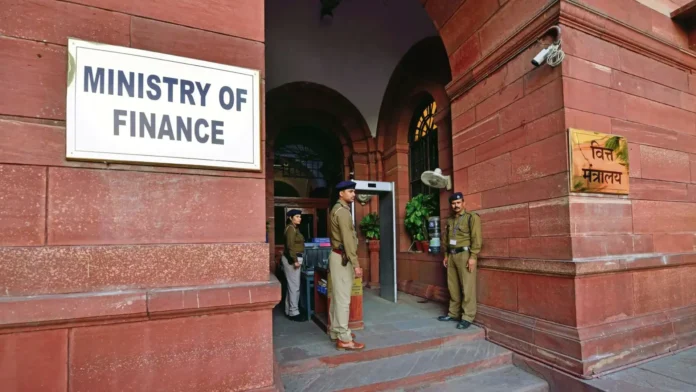The Finance Ministry has implemented measures to streamline the arbitration process for resolving commercial disputes involving the government or public sector enterprises (PSEs). These measures aim to improve efficiency and reduce litigation in contractual matters.
Upper Limit and Automatic Inclusion of Arbitration Clause
To provide clarity and consistency, the Finance Ministry has set an upper limit of ₹10 crore for cases that can be brought in for arbitration. This limit refers to the value of the dispute, not the overall value of the contract. Additionally, the ministry has emphasized that arbitration clauses should not be automatically included in large contracts. This approach allows for more flexibility and consideration of alternative dispute resolution methods.
Increasing Resort to Arbitration
Arbitration has gained popularity as an alternative to traditional litigation for resolving contractual disputes. This approach offers a quicker and more efficient resolution, which has led to an increased reliance on arbitration in recent decades. It is important to note that arbitration is based on an explicit provision in a contract and is not a judicial process. It can cover a wide range of contractual matters, including disputes between private sector parties without government involvement.
Detailed Guidelines for Domestic Procurement Contracts
Recognizing the practical difficulties associated with arbitration, the Finance Ministry has issued detailed guidelines for contracts related to domestic procurement by the government and its entities, including Central Public Sector Enterprises (CPSEs), Public Sector Banks, and Government companies.
One important guideline suggests that arbitration, if included in contracts, should generally be restricted to disputes with a value of less than ₹10 crore. In cases where the dispute value exceeds ₹10 crore, arbitration should not be considered as a method of dispute resolution. The guidelines also emphasize the importance of amicably settling disputes using available mechanisms in the contract. This approach promotes pragmatic decision-making in the long-term public interest while considering legal and practical realities.
Encouraging Mediation and Amicable Settlements
The Finance Ministry advises government entities to embrace mediation under the Mediation Act of 2023 and explore negotiated amicable settlements as alternatives for resolving disputes. By encouraging these methods, the ministry aims to promote fair and mutually satisfactory resolutions.
High-Level Committee for High-Value Cases
To handle high-value cases, the guidelines recommend the establishment of a High-Level Committee (HLC) consisting of a retired judge and a retired top official or technical expert. When an HLC is formed, efforts should be made to negotiate directly with the other party and present a tentative proposed solution to the committee. Additionally, the committee can also act as a mediator if necessary. This approach ensures that decisions regarding high-value disputes are scrutinized by a high-ranking body, promoting fairness, integrity, and decisions in the public interest.
Addressing Concerns and Justifying the Guidelines
The Expenditure Department has put forward several arguments in support of the new guidelines. They highlight that the arbitration process can be time-consuming and expensive. Furthermore, the reduced formality of arbitration proceedings, combined with the binding nature of decisions, has occasionally resulted in erroneous factual determinations and improper application of the law. The department also notes that arbitrators may not be subject to the same rigorous selection standards and accountability as the judiciary. Additionally, the confidential nature of arbitration proceedings conducted behind closed doors can limit transparency. To address these concerns, the guidelines aim to introduce more accountability, fairness, and sound decision-making in the arbitration process.

